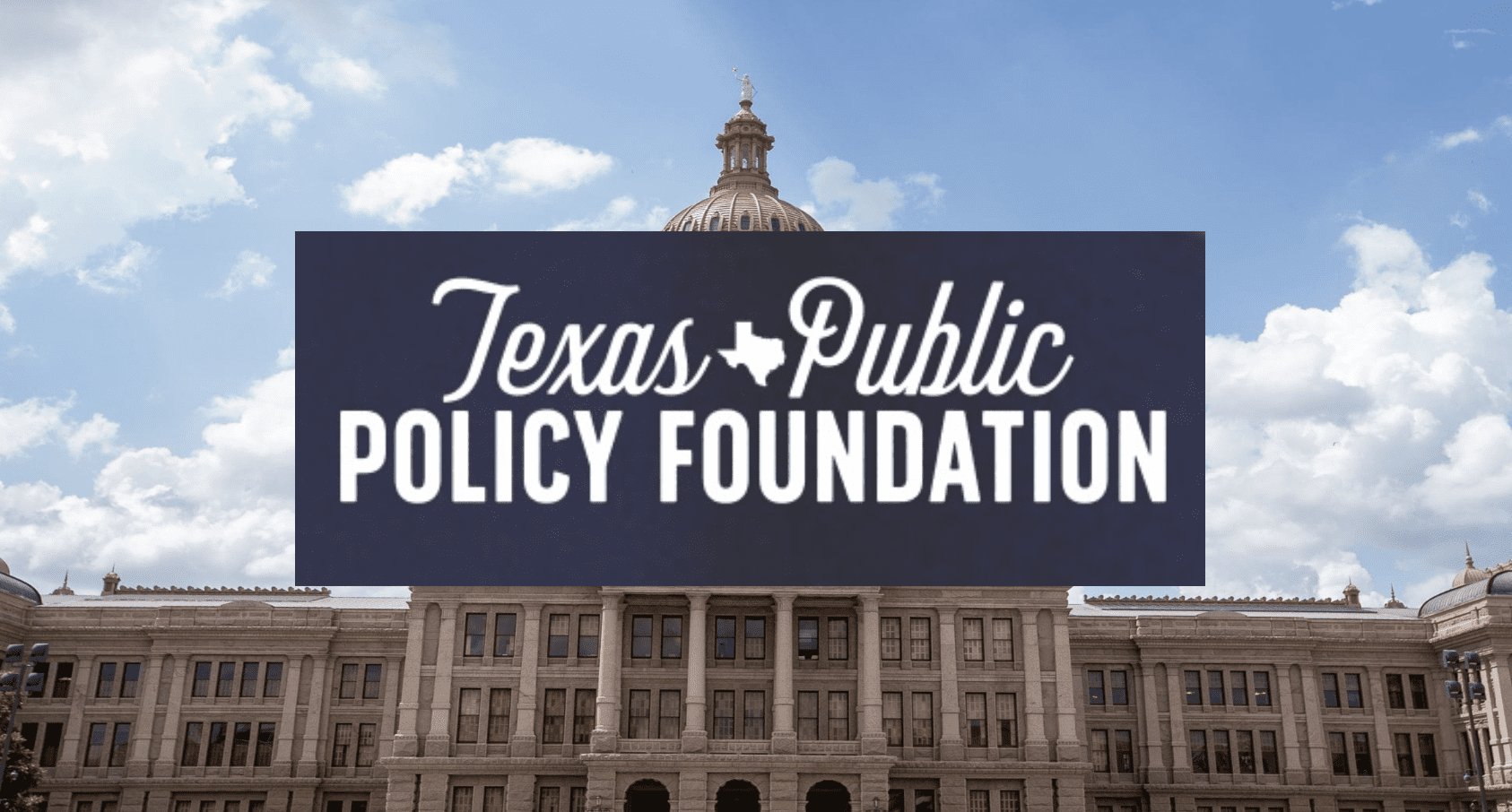Texas’ tax on business is inefficient, burdensome and complicated, and brings in very little in the way of revenues. While conservatives want the tax eliminated or vastly reformed, the Texas Association of Business wants to keep it like it is. Problem is the tax is hurting, not helping; Texas doesn’t need it.
Let’s be clear: Businesses don’t pay taxes, they remit them. People—business owners, employees, and customers—actually bear the burden of every “business” tax levied; business taxes are just a clever way to shield people from the true cost of government.
State Sen. Craig Estes of Wichita Falls gets that, and has introduced legislation to repeal the unpopular tax. The gross margins tax was originally levied as a gimmick to “fix” school finance (that worked out well, eh?). His plan is to replace the tax with… nothing. That’s the right approach.
Well, unless you’re Bill Hammond and the Texas Association of Business. (Considering the heavy tax bill he wants to keep imposing on small business, it’s appropriate that Hammond’s group is known around the Capitol as “TAB.”)
Mr. Hammond doesn’t think getting rid of the grossly inefficient tax is a good idea, because, well, we have big-government to fund. Seriously. Or, as Hammond told the Austin American Statesman, “if we were to repeal it, we’d have to get another $3 billion to $4 billion for schools, etc. … I think the reality is the state needs revenue.”
Apparently a business’ first priority is to serve as a funding mechanism for inefficient spending?
Like most shills for big-business, TAB tends to favor complicated and costly taxes (they supported imposing the margins tax originally). First, such taxes limit start-ups from entering a field through high costs. Second, high taxes keep the crony-cash flowing for lucrative contracts. (For example, Hammond and TAB support continuing to drain a half-billion dollars from Texas classrooms and give the money to London-based publishing giant Pearson for the wasteful statewide testing contract.)
There are some good guys. National Federation of Independent Business — they represent small businesses in the state — wants to see the tax eliminated. The NFIB executive director in Texas, Wayne Newton, told the AAS fixing the tax just wasn’t possible.
“It has proven to be something that can’t be fixed. We just need to get rid of it.”
Absolutely right.
When Sen. Estes filed the bill, he said the “margin tax has been a big disappointment. It is inequitable, costly, and complicated for Texas businesses and has undermined the state’s competitive advantage.” Getting rid of the tax will be one more feather in Texas’ economic development hat, attracting more entrepreneurs to the Lone Star State.
Finally, we learned this morning that Texas doesn’t even need the ill-gotten revenues. The Comptroller, Susan Combs, announced the state is ending the current budget with a surplus of more than $8 billion in the bank, and she projects an overall revenue increase of 12 percent for the next budget.
Sen. Estes and NFIB are right: it’s time to eliminate the gross margins tax.





